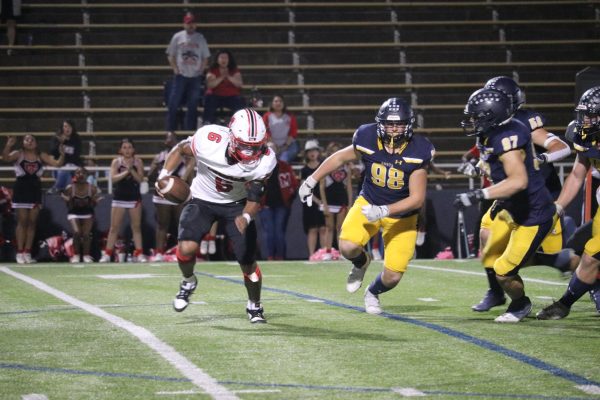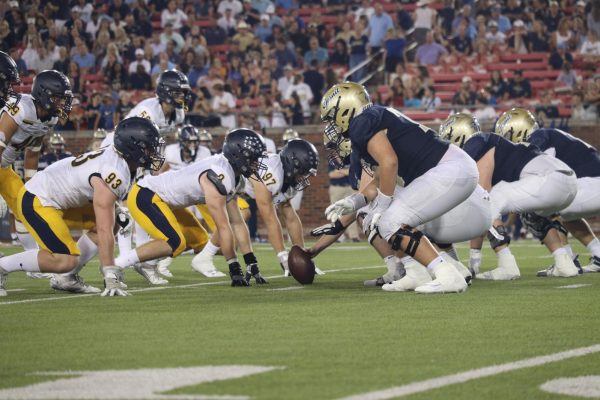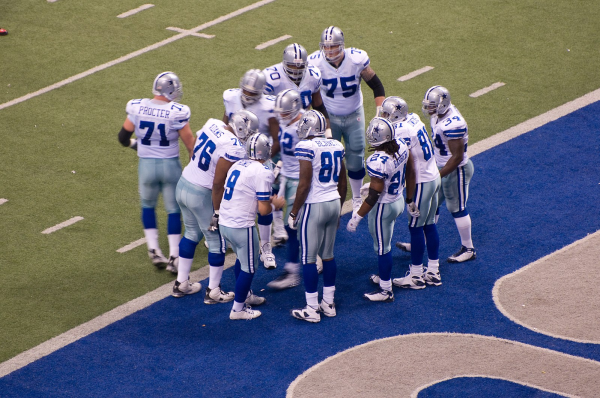The Rise of the Chinese Super League
The unprecedented rise of the Chinese Super League has shocked the world of soccer. It has blindsided Europe’s top leagues by attracting their best players with hefty amounts of money. Players such as Hulk, Ramires, Carlos Tevez (who is now the world’s highest paid player, earning $762,000 a week; the combined salaries of Messi and Ronaldo is just $32,000 dollars short of that), Axel Witsel, and many more, who were all stars at their formers clubs in England, Russia, and Italy, have left, too mesmerized by the ridiculous amounts of money (by the way, while you finished reading that sentence, Carlos Tevez earned $17.65). Since no CSL team isn’t in any major European competitions, such as the Champions League and the Europa League, and it is certainly not coveted as one of the top leagues in the world, why do players keep flocking to it? The CSL has one thing going for them right now, and it’s money.
The Chinese Super League was created by the rebranding of the former top division Chinese Football Association Jia-A League in 2004. Originally formed by 12 teams in the inaugural year, the league has been expanding, with 16 teams in the current season. Unlike the top leagues in Europe, the Chinese Super League starts in March and ends in December where they play a total of 30 games. The CSL is the top league in China, with the China League One a notch down. Recently for the new season, the Chinese FA cut the number of players allowed in the league due to their rules regarding international players. Teams are only allowed to field three foreign players at a time, while five foreign players can be in the 18-man match squad. Also, there must be two Chinese U-23s players in the squad and one must start. This is meant to promote the domestic and foreign players in the league. While attempts have been made to limit international players, new players from other countries seem to flood in daily, as Oscar, a Brazilian midfielder from Chelsea in England moved to Shanghai SIPG this January where he will be earning a reported $491,000 dollars a week.
The president of China, Xi Jinping, is the main source behind this Chinese attack on the world of soccer. He assumed office in 2013 and is a huge soccer fan, as well as fed up of the country’s failure to develop as a footballing nation. The Guardian claims a lot of the money in Chinese football comes from extremely wealthy businessman, who invest in the sport in part to improve their political relations. With the nonstop attempts from the president to popularize the league, they must be destined for success, but will big name players ever see the CSL as a competitive league? Arjen Robben, a star midfielder for German giants Bayern Munich has been quoted saying “A transfer to china is basically acknowledging your career is over.” Much like what the MLS has a reputation of, will the world just see China as a place for washed up, old players? Unlike what some say, most of the foreign players actually move to China in their prime years (ages 26-29). I see this as throwing in the white towel, admitting that they are done with competitive European soccer and want a road to retirement.
Who knows what the CSL will do next? Reports come out daily, linking big name players in England, France, Italy, and Germany with a move to China. Just over the weekend, Diego Costa, a star forward for Chelsea, was linked with a $90 million move to Tianjin Quanjian. Today even, Manchester City midfielder Yaya Toure rejected a deal that would see him earn $530,000 a week. It shows the character of a player when he rejects big money. He shows his passion for the game and that he is not driven by big money, which more and more players are being tempted by everyday. I commend China’s attempt to try to popularize the sport in their country, but they are doing it in all the wrong ways.












